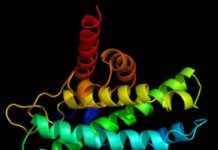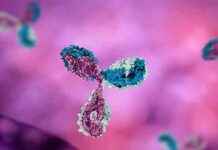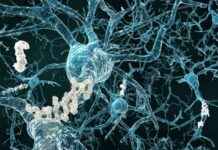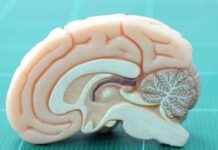Protein Mutations Unraveled: Understanding Disease at the Molecular Level
In a groundbreaking study published in the journal Nature, researchers have uncovered the molecular mechanisms behind disease-causing mutations that swap one amino acid for another in human proteins. The study, conducted by scientists at the Centre for Genomic Regulation (CRG) in Barcelona and BGI in Shenzhen, sheds light on how protein instability plays a crucial role in the development of various genetic disorders.
Uncovering the Impact of Protein Stability
The research found that the majority of disease-causing mutations lead to protein destabilization, making them more prone to misfolding and degradation. This instability disrupts normal protein function, leading to conditions such as heritable cataracts, neurological disorders, and muscle-wasting diseases. By studying 621 known disease-causing missense mutations, the researchers identified that 61% of these mutations decreased protein stability, highlighting the significance of this factor in disease development.
Insights into Genetic Disorders
One striking finding of the study was the direct link between protein instability and conditions such as heritable cataracts and reducing body myopathy. Mutations in proteins essential for maintaining lens clarity in the eye were found to destabilize the crystallin proteins, leading to the formation of opaque regions in the lens. Additionally, the study revealed how mutations in the MECP2 gene, associated with Rett Syndrome, affect protein function by altering DNA binding, thereby disrupting brain development and function.
Implications for Precision Medicine
Dr. Antoni Beltran, the lead author of the study, emphasized the importance of distinguishing between destabilizing mutations and alterations in protein function. By understanding these differences, researchers can develop targeted treatment strategies tailored to each patient’s specific mutation profile. This personalized approach could revolutionize the field of medicine by enabling the design of drugs that either stabilize a protein or inhibit harmful activities, depending on the underlying molecular mechanisms.
In conclusion, this groundbreaking study paves the way for a deeper understanding of how mutations drive disease at the molecular level. By unraveling the complex interplay between protein stability and function, researchers are moving closer to unlocking the secrets of precision medicine and transforming the future of healthcare.






































